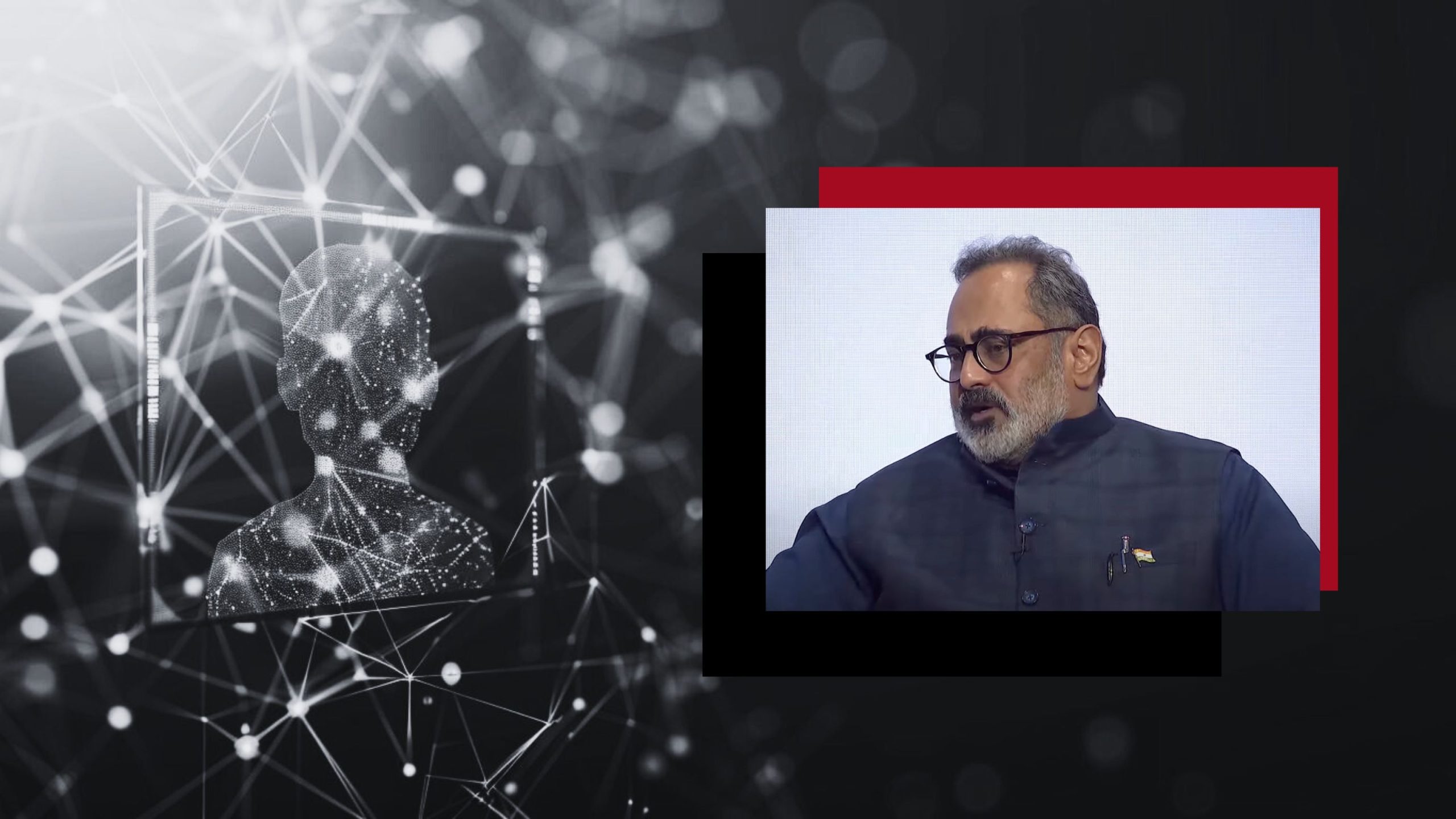Tony Blair Institute’s Future of Britain Conference 2024 (co-organized with My Life My Say) seems to have gone out of its way to cover (with a positive spin) pretty much all the key contested by rights advocates’ plans and schemes, digital ID being inevitably among those.
One of the panelists, former Indian Minister of State for Electronics, Information Technology, Skill Development and Entrepreneurship Rajeev Chandrasekhar was there to praise a major set of goals aimed at ushering in digital ID and payments by the end of the decade.
The “umbrella” for achieving that is what’s known as the digital public infrastructure (DPI) – a buzzword shared by the UN, the EU, the WEF, and Bill Gates’ Foundation.
At the same time, Rajeev downplayed privacy fears associated with digital ID and revealed that his country was working with others to push the initiative.
The host asserted that introducing digital identity is “so important for the transformation of a country” (he didn’t specify in which direction this transformation is supposed to go).
But Chandrasekhar made sure to talk about the positives, such as that the system, Aadhaar, which at this time provides 1.2 billion Indians with digital identities, is helping improve on what was previously seen as his county’s “dysfunctional governance.” And he appears to suggest that the notion once in place in Asia – that this type of scheme is only good for countries like China but not democracies – is shifting.
The perception (or fact-based belief) that aggressive digitization and privacy are ultimately incompatible is “a false binary,” he said.
And despite the many instances of Aadhaar being the target of data breaches, hacks, and the ensuing concerns for the safety of the people’s personal data, Chandrasekhar sought to downplay these dangers – by citing which legislative tools are in place that are supposed to prevent them.
Related: Rise in Stolen Singaporean ID Data Shows The Dangers of Digital ID
The former government official said that in India privacy and data protection are fundamental and constitutional rights and that the country has a data protection law. And this, it appears, is Chandrasekhar’s argument that privacy and policies covered by the DPI and digital ID are actually safe.
Chandrasekhar also notes that “if you go down and deep dig a little deep into this, you can figure out solutions that can both protect the individual’s rights to information privacy as well as grow an innovation ecosystem.”
But he does reveal whether India, or others that he is aware of, are actually “digging a little deeper.”






















